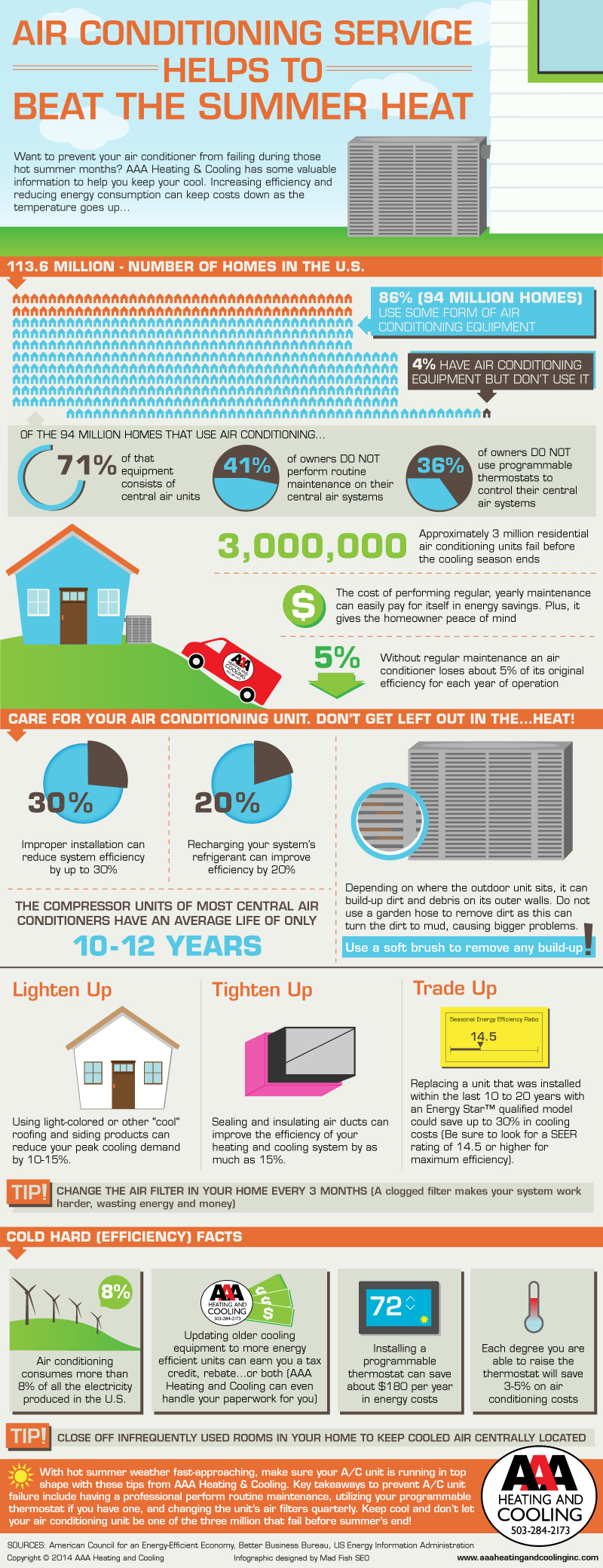Recognizing The Impacts Of Climate On Heat Pump Performance And How To Minimize Them
Recognizing The Impacts Of Climate On Heat Pump Performance And How To Minimize Them
Blog Article
Article By-Hewitt Sahl
When it comes to your heat pump, weather condition plays an essential function in its efficiency. From freezing temperatures to sweltering heat, each aspect can influence exactly how effectively your system operates. Yet what can you do to combat these weather-related challenges and guarantee your heatpump is working at its best? Remain tuned to discover lossnay ventilation system cost and techniques to enhance your heatpump's efficiency, despite the weather it faces.
Climate Elements Influencing Heat Pump Effectiveness
Weather condition variables have a substantial influence on the performance of heatpump. One important variable is temperature. Heat pumps work by transferring warmth from outdoors to inside during winter season and the other way around in summertime. As temperature levels drop, it becomes harder for the heat pump to essence heat from the outdoors air, decreasing its efficiency.
Another key element is humidity. High humidity degrees can make it more challenging for the heat pump to release heat during the cooling procedure.
Additionally, wind speed contributes. Solid winds can dissipate the warmth taken in or launched by the heat pump, impacting its overall efficiency.
Tips for Optimizing Heatpump Efficiency
To boost the efficiency and long life of your heat pump, executing a couple of key strategies can make a significant difference in its efficiency.
To start with, ensure routine maintenance by cleansing or replacing filters every 1-3 months to stop air flow obstructions and make best use of airflow. In addition, timetable annual specialist assessments to identify and resolve any type of possible problems at an early stage.
Optimal thermostat settings also play a critical function. During the winter months, go for a temperature level setting that's as low as comfy, and throughout the summer season, set it as high as comfy to decrease the work on your heat pump. Utilizing a programmable thermostat can assist you immediately adjust setups based upon your schedule.
Furthermore, sealing leaks in ductwork and protecting air ducts in unconditioned rooms can avoid power loss and boost total system efficiency.
Last but not least, consider setting up a clever thermostat that can learn your practices and adjust settings accordingly, additional optimizing your heatpump's performance. By following these tips, you can ensure your heatpump runs effectively and properly throughout the year.
Best Practices for Weatherproofing Your Heat Pump
For optimal efficiency and effectiveness of your heat pump, executing weatherproofing measures is essential. Start by securing any type of spaces or fractures around doors, windows, and ductwork to stop warmth loss and preserve a regular indoor temperature.
Insulate revealed pipes and ducts to avoid freezing throughout cold weather and make certain proper airflow. Think about mounting a protective cover over the outside system to secure it from severe climate components like snow, ice, and debris.
Frequently clean the exterior device to remove dust, leaves, and particles that can block air flow and decrease effectiveness. Additionally, maintain the location around the heat pump free from snow, ice, and plant life to allow for correct ventilation.
Verdict
Now that you understand how climate affects your heatpump performance, you can take aggressive steps to enhance its performance. By complying with the ideas detailed in this write-up, such as normal maintenance, thermostat adjustments, and weatherproofing actions, you can make certain that your heat pump operates at its ideal regardless of the weather conditions. Keep ahead of https://www.prnewswire.com/news-releases/goettl-home-services-expands-into-san-diego-county-with-the-acquisition-of-pacific-drain--plumbing-301302093.html and keep your home comfy all the time.
